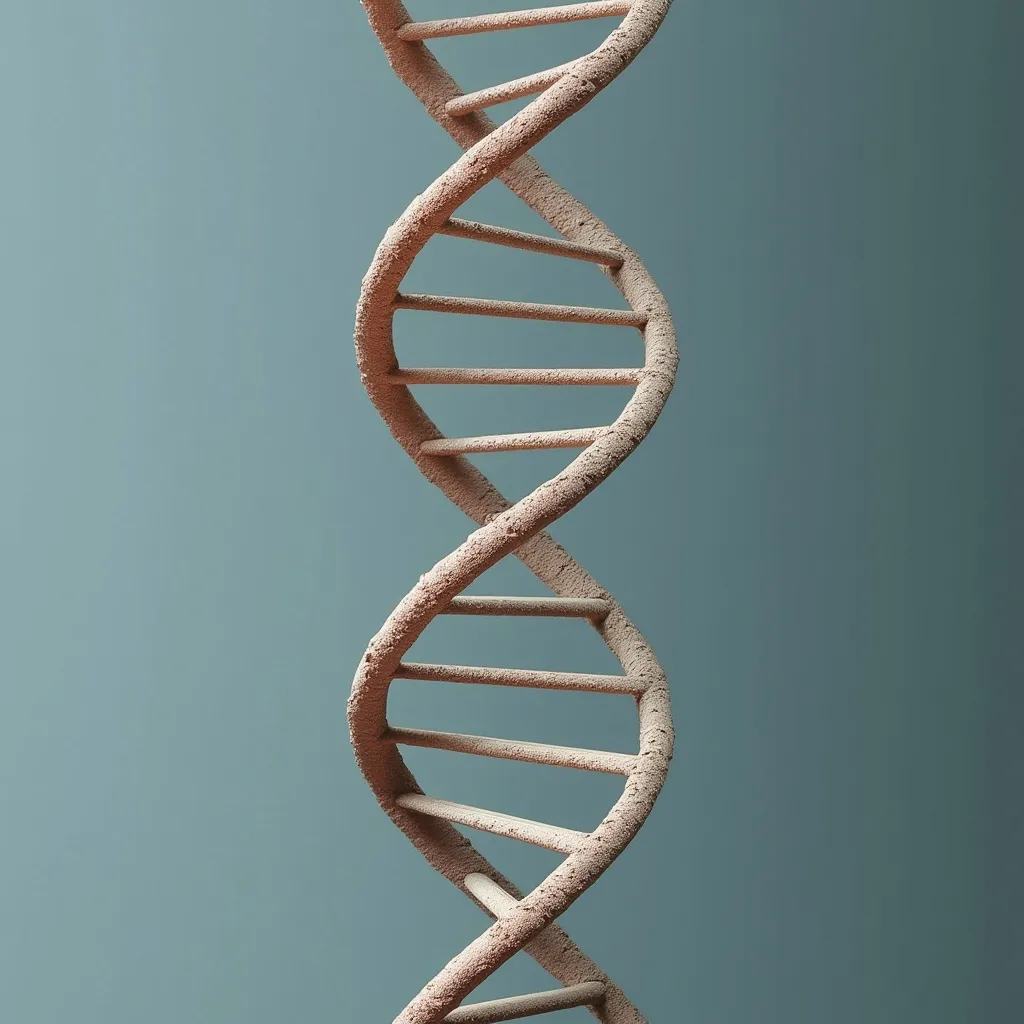National Geographic DNA Test Reviews Understanding Their Impact on Genetic Exploration
Exploring ancestry and genetic origins has become increasingly popular with many services offering DNA testing kits. One well-known option is the National Geographic DNA Test, part of the Genographic Project, which sought to analyze genetic data for anthropological research. This article aims to delve into National Geographic DNA Test reviews, providing an in-depth overview of its features, limitations, and usefulness while highlighting the broader context of DNA testing.
Purpose of National Geographic DNA Test
National Geographic's Genographic Project was launched with the aim of mapping ancient human migration patterns using genetic data. Unlike some consumer DNA tests focused on personal ancestry or health traits, the project emphasized understanding global human migration and anthropological history. Reviews frequently highlight this focus, noting that it offers a unique perspective compared to standard genealogy services.
The Genographic Project
National Geographic's DNA test was a key part of the Genographic Project, an ambitious global research initiative aimed at collecting and analyzing DNA samples to study the migratory paths of our ancestors. The test primarily focused on identifying haplogroups, which trace lineage through paternal (Y-DNA) and maternal (mtDNA) lines. It's important to note that this service was not designed for personalized ancestry results or health insights.
Test Process and Experience
Reviewers of the National Geographic DNA test have pointed out that the process involved a simple cheek swab, which was easy to complete at home. Participants received detailed reports on their haplogroups, contributing to a broader understanding of human history. Feedback often mentions the clarity and thoroughness of the educational materials provided, which helped contextualize the genetic information within the scope of global history.
Data Aggregation and Privacy Concerns
Data collection played a significant role in the Genographic Project, with participants contributing to research by agreeing to have their data anonymously aggregated. Reviews discuss the importance of understanding privacy policies and rights concerning genetic data. While participants contributed to an important scientific database, it is crucial to consider data privacy implications in such large-scale projects.
Limitations and Considerations
Critics of the National Geographic DNA test have pointed out certain limitations. Since the test focused primarily on anthropological research, it did not provide detailed personal ancestry or health information. For individuals interested in these areas, other DNA testing services are recommended. Additionally, users have mentioned that the project does not expand upon contemporary genealogical data compared to services such as ChatDNA, which can analyze existing DNA results for health insights, though not ancestral data.
Integrating National Geographic DNA Results
For those who have previously completed the National Geographic DNA test, there are pathways to further explore genetic information. By uploading raw DNA data to platforms like ChatDNA, individuals can access additional insights without needing a new test. This option allows users to extend the value of their initial result beyond its original scope.
Conclusion
National Geographic's DNA test, through the Genographic Project, provided an educational journey into the ancient migratory routes of human populations. Reviews underscore its strengths in contributing to collective research and anthropological understanding. While it may not meet the needs of those seeking detailed personal ancestry or health information, its unique focus on historical migration patterns offers a valuable perspective. For those looking to further interpret their genetic data, exploring options with services that offer personalized analysis, like ChatDNA, can complement and expand upon the foundational data provided by National Geographic's testing initiative.
What is ChatDNA?
ChatDNA can analyze your DNA to answer any question. When you ask a question it will provide clear explanations and meaningful insights about who you are at a genetic level.
You can import existing DNA results from all major services like 23andMe and AncestryDNA or purchase a new DNA test kit through ChatDNA.
ChatDNA is especially valuable for anyone interested in:
- Understanding how their genes influence health and wellness
- Learning about their unique genetic traits
- Discovering personalized insights about their biological characteristics
- Getting clear, conversational answers to their DNA-related questions
Ready to get answers about your DNA? Visit ChatDNA.co to get started.
